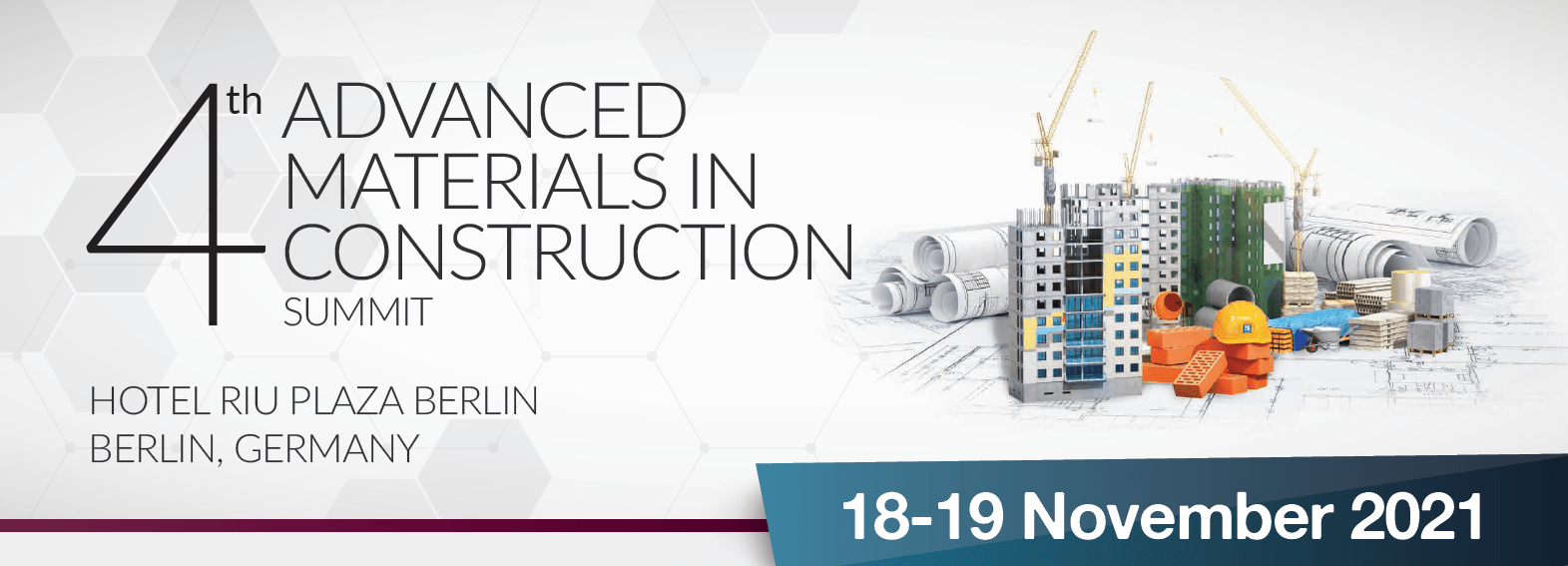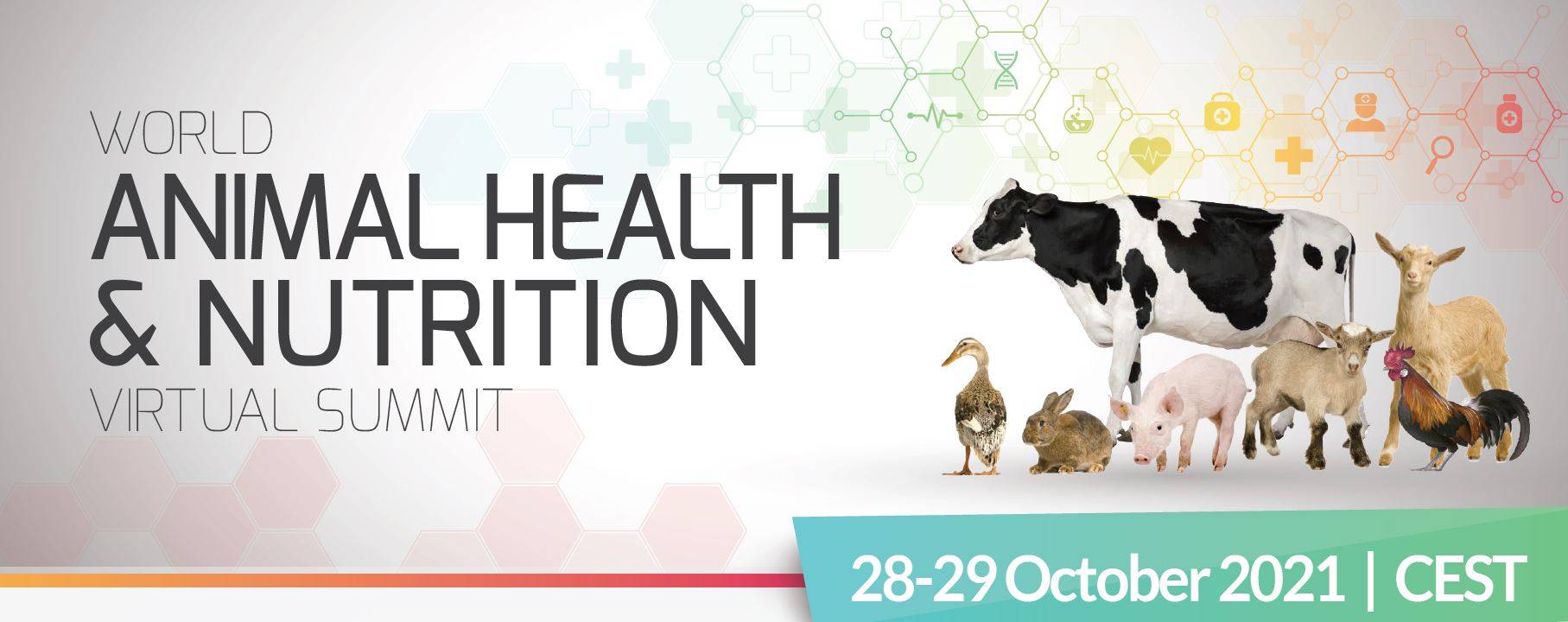Add-On Products, our Platinum Sponsor for the 6th FUTURE Workplaces Summit, shares their thoughts on the 5 trends that are changing the workplace in 2021. Continue reading:
MEGATRENDS IMPACTING THE WORKPLACE
In the last decade, and especially in the last year, we’ve witnessed major changes in the workplace. Technology has played a pivotal role in the shift we’re seeing. The following are some megatrends in work technology that are transforming the way we work now and into the future.
1. HYBRID WORK ENVIRONMENTS
Work is no longer a place that you go – it is something that you do. Employees now have greater control over their work environments than ever before. Many people who started working from home during the pandemic were expecting to stay remote full-time but as vaccination rates increase and things start to normalize, a growing number of employers are encouraging workers to return to the office. As a result, companies are implementing rotational schedules and hybrid work environments with unassigned desks so that workers can spend part of their time working in the office and the rest of the time at home.
To enable employees to seamlessly book hot desks and meeting rooms before they get to the office, it’s important to provide access to a booking app, such as the Workspace Booking App. This app allows workers to review floor plans and tap the touchscreen to book hot desks in the office directly from their mobile devices. With the flexibility this app affords, workers are no longer confined to a specific time and place, and they have better control over their work schedules and environment. They can even use the floor plan to see where their team members are sitting and book a workspace near them.
2. ACCELERATED DIGITAL TRANSFORMATION
In just a span of months, the scale of the digital transformation that has taken place in response to Covid-19 is enormous. Companies have quickly adapted to the circumstances and adopted new technologies, including contact tracing apps, apps to support employee mental health, hot desk booking tools, collaboration platforms, and more.
3. ENHANCED CYBERSECURITY
Cyberattacks and data breaches have become increasingly commonplace. In response, there has been a greater focus placed on strengthening company cybersecurity strategies. One major area of consideration is authentication and authorization services for user logins. Single sign-on has been adopted by more and more companies so that employees could maintain a single set of login credentials rather than maintain multiple application passwords for day-to-day work.
4. SMART OFFICE SOLUTIONS
We live in a world dominated by smart devices that connect to the Internet and sync with our smartphones. Smart devices are changing our workspaces and the way we do work. Connected devices that we use at work include wireless presentation systems, meeting booking software, digital signage, and online collaboration tools. The right tools and equipment can boost collaboration between employees both remotely and in the office, as well as improve productivity and streamline processes.
5. DATA-DRIVEN DECISION MAKING
The basis of any commercial enterprise is information, and today, we have more information at our fingertips than ever before. Big data is a collection of data from both inside and outside your company that you can use for analysis. Many companies are good at collecting data but don’t know what to do with it.
Translating mountains of data into actionable insights and smart decisions is no easy feat, but it can be done with the right tools and strategies. Take meeting room and hot desk booking software, for example. Resource Central captures a wealth of data about how meeting rooms and workspaces are used and then provides insightful reporting to empower companies to make informed decisions about workspace arrangements.
THE FUTURE OF WORK
The question is not whether companies should embrace these trends but how fast they can do so.
Both in-person and remote teams are working together to collaborate and complete tasks using emerging technologies and innovative tools designed to boost efficiency and support flexibility.
To learn more about Add-On Products and the meeting room booking software tools we offer that can benefit your workforce and increase productivity, sign up for a free trial or free online demo!
Editor's Note: This article was first published on Add-On Product's blog.
Read more insights by Add-On Product:
https://www.add-on.com/blog/entry/what-return-to-work-technologies-do-you-need



